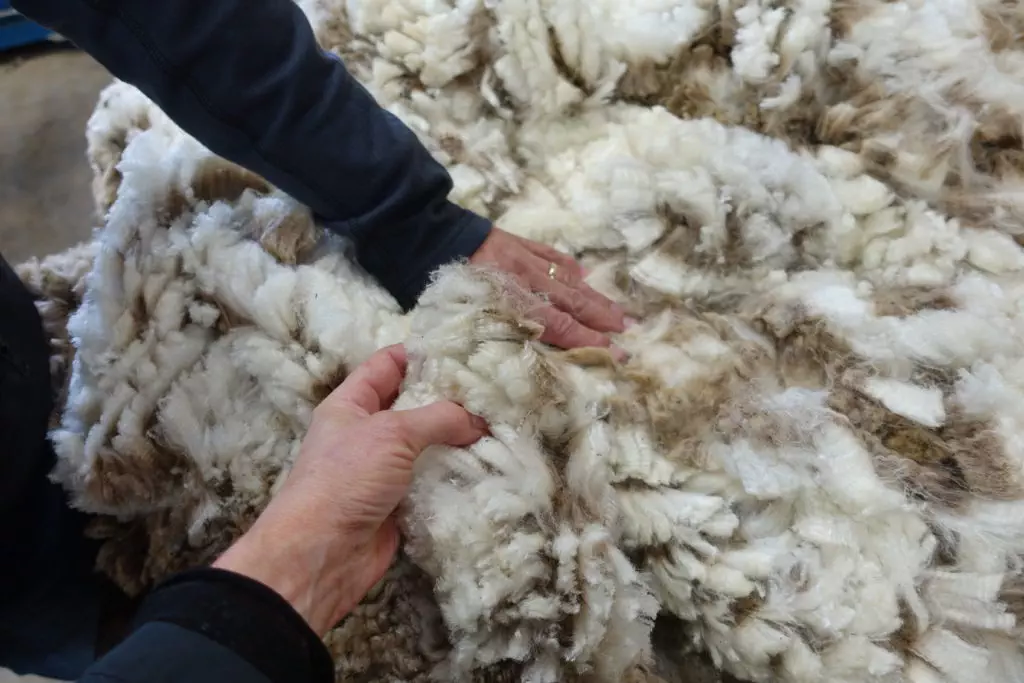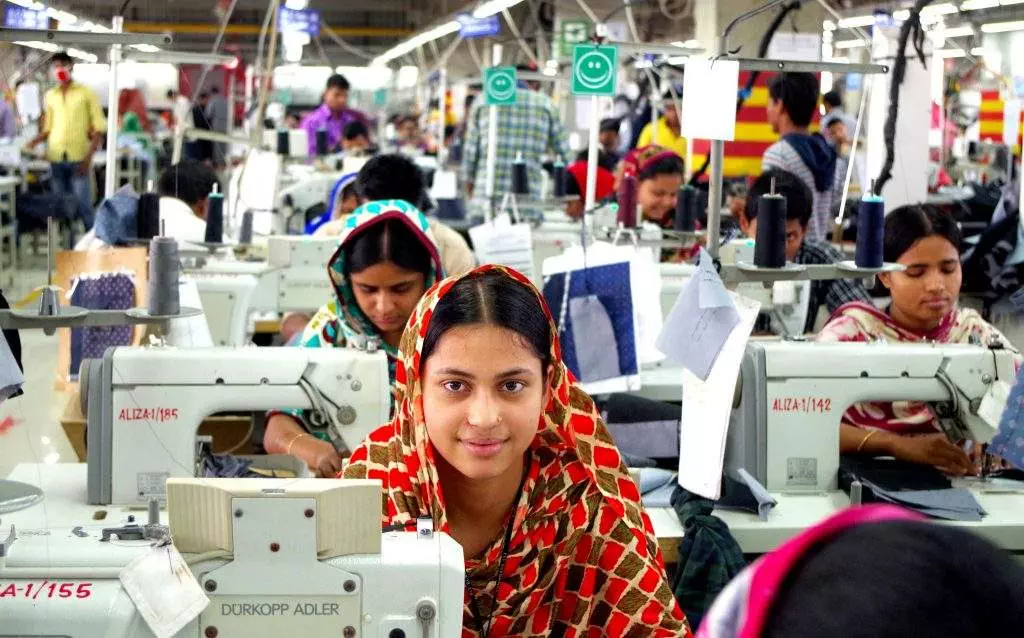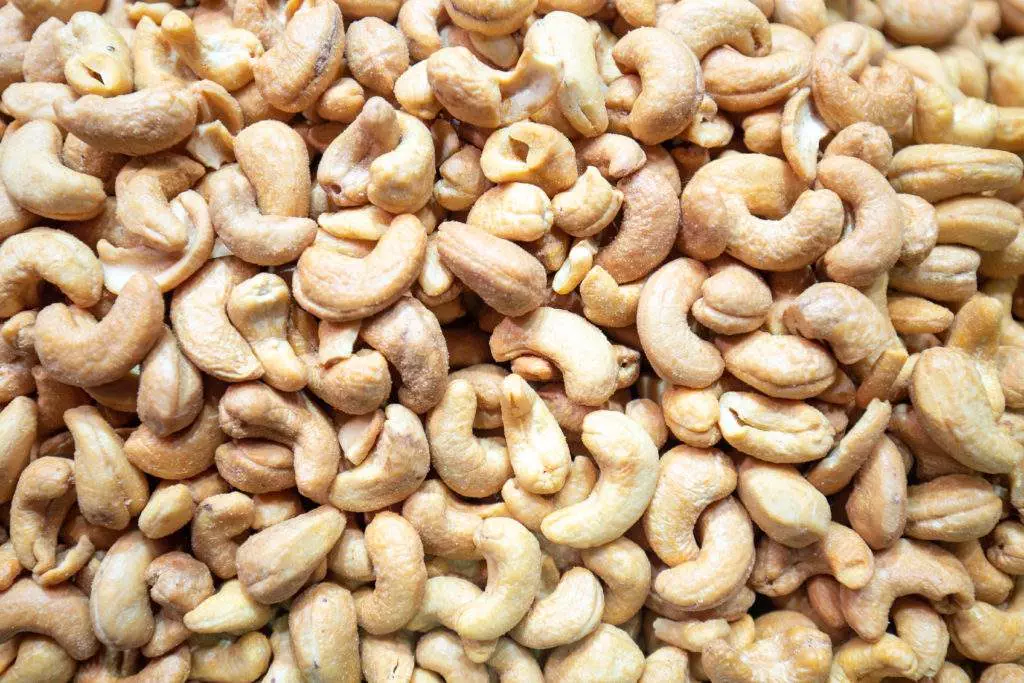South Africa

The purpose of this project is to strengthen both sustainability and climate change resilience in the South African wool industries through improving the productivity and quality of poor communal wool farmers, capacity building of factory workers and increased market access, so that the wool industry can provide a living income and secure decent jobs in […]
Bangladesh

The Joint Ethical Trading Initiatives (JETI) have been working in Bangladesh since 2014, implementing a social dialogue (SD) programme to facilitate and improve dialogue between workers and management, while building workers’ ability to represent their needs. The programme is supported by Norad (until Dec. 2020), the UK FCDO, HSBC and the Dutch Government (expected 2021). […]
Elfenbenskysten (fransk: République de Côte d’Ivoire)

The complex, global supply chain of cashew nuts sustains livelihoods in all parts of the world, from farmers in West Africa through processing in South East Asia to retail worldwide. Global production of cashew nuts has grown by 6% annually during the last decade and a quarter of the world’s cashew nuts are grown in […]